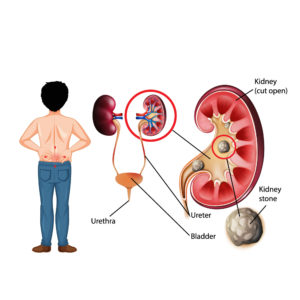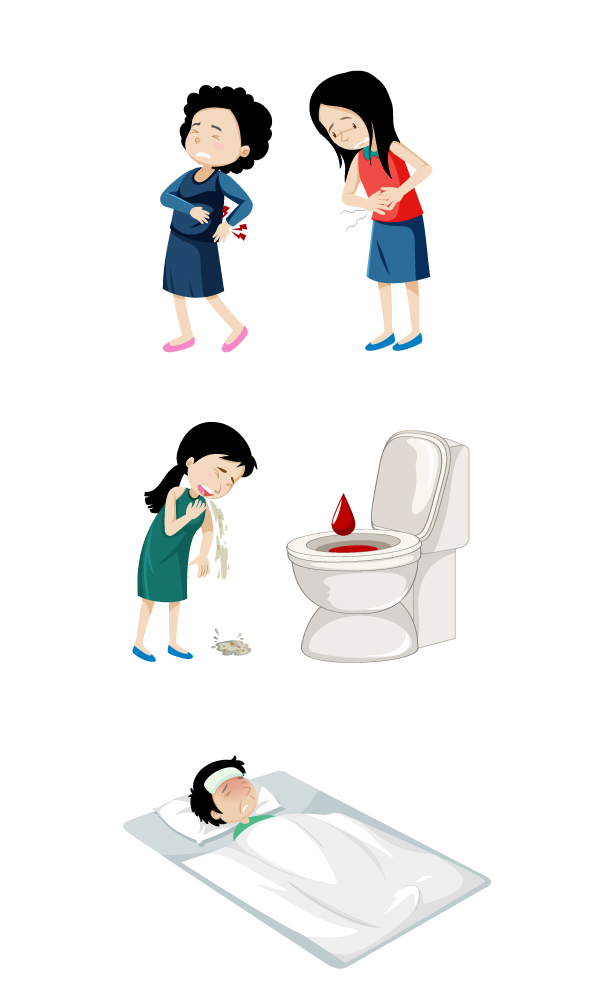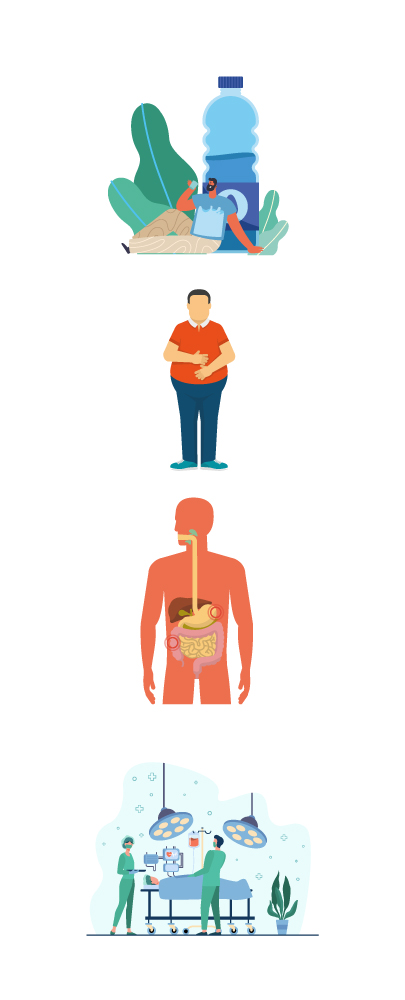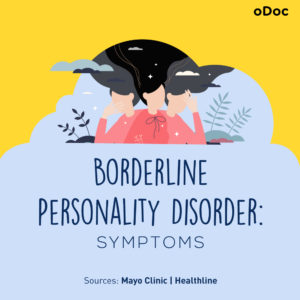
How to Keep Work Stress from Taking Over Your Life
How to Keep Work Stress from Taking Over Your Life In today’s fast-paced and competitive world, work stress has become an all-too-common problem that affects
Let’s recap what we hear about kidney stones. We often hear people say it’s an extremely painful peeing experience that happens when you don’t drink water. Well that isn’t entirely wrong but there’s so much to it.
One in every 10 people get affected by this and in Sri Lanka, kidney stones are much more common due to the weather over here. In a minute, you’d know why as you learn the causes of kidney stones.
Let’s start with the basics.
On a normal day, your kidneys remove waste from your blood by creating urine.
When there is a lot of waste in your blood and your body is unable to produce enough urine, crystals (made of hard deposits of minerals, salts and other waste) begin to form in your kidneys.
Kidney stones (also known as urinary stones) can be as small as a grain of sand or as large as a golf ball. And the more they are left untreated, they can get bigger and even cause the failure of your kidneys. Oops.

Dr Nishantha Liyanapathirana, Consultant Urological Surgeon, has mentioned that most of the urinary stones are made of minerals or calcium along with a smaller percentage of toxic materials like uric acid and cysteine.
On that note, let’s explore what it’s like to have these stones in our urinary tract.
Usually, if it’s a small stone, you won’t feel anything as it passes with your urine. This is given you drink enough water for it to pass and not grow bigger.
If it’s a relatively big one, you’re going to experience the below signs of discomfort:

If you’re having any of the above kidney stones symptoms, seek immediate medical attention.
To ease the discomfort in the process of getting yourself treated, opt for an online medical consultation via oDoc. Our network of highly professional medical doctors would be able to prescribe any treatment or screening with just a phone call.
Ever wondered what may cause this uncomfortable situation? Having the answers to this, could help you avoid and stay clear of kidney stones in the future.

So, what’s the next step?
Let’s say you have your first consultation call with one of our doctors via the oDoc app, depending on your medical history and symptoms, our doctors may direct you to a few tests like X Rays, blood and urine tests.
Kidney Stone Treatment:
If you ever get diagnosed, your doctor will prescribe a combination of lifestyle changes and medications to alleviate the pain and help pass the kidney stone out of your body. In an event when the kidney stone is too big, surgeries might be suggested, they are usually minimally invasive. Remember, any surgery is usually a last resort to treat kidney stones.
Caution: People make the mistake of taking ibuprofen without asking the healthcare provider. This drug can boost the risk of kidney failure, especially when you have a history of kidney diseases and related illnesses such as diabetes, hypertension and obesity.
Final Takeaway
Cliché but drink lots of water. And keep tabs on intake of sodium, animal protein, carbs and oxalate-rich foods.
Most importantly, don’t self-diagnose. Kidney stones are usually treatable very easily, mainly when you get it checked earlier as possible.
Your doctor is only a call away! Download oDoc app here:
Sources

How to Keep Work Stress from Taking Over Your Life In today’s fast-paced and competitive world, work stress has become an all-too-common problem that affects

Hypertension: Everything You Need to Know Hypertension, commonly known as high blood pressure, is a chronic medical condition that affects a significant portion of the

Understanding Borderline Personality Disorder: Symptoms, Causes, and Treatment. Borderline Personality Disorder (BPD) is a mental health disorder characterised by instability in mood, behaviour, and relationships.
இப்போது மருத்துவ குறிப்புகளை உடனுக்குடன் உங்கள் இன்பாக்ஸ் இல் பெற்றுக்கொள்ளுங்கள்.